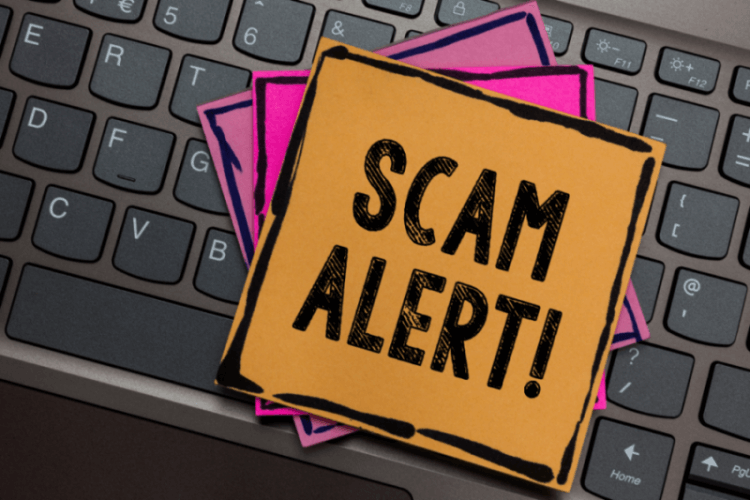Staying Vigilant
Con artists are always active and looking for ways to take advantage of any situation they can exploit. Beyond the price-gougers who are selling hand sanitizer for $100 per bottle and are upfront about how they want to get your money, online and phone scammers are sophisticated. They will use many creative approaches in their attempts to manipulate you. It’s common to see an uptick in malicious activity anytime there is a tragedy or natural disaster, and the coronavirus pandemic is proving this true once again.
SCAMS ON THE RISE
Many of these scams have been seen before but criminals are updating them to align with coronavirus concerns. The Federal Trade Commission has issued a warning that “they’re setting up websites to sell bogus products, and using fake emails, texts, and social media posts as a ruse to take your money and get your personal information.”
Additionally, now that the CARES Act has been signed into law and many American households will be receiving payments up to $1,200, scammers are taking advantage of what you may not know. Beware of any contact by telephone call, email or text requesting to confirm personal information so that you may receive your check. The IRS will not call you. Treasury Secretary Steven Mnuchin stated that the administration will be creating an online system for people to update their direct-deposit information if necessary. Otherwise, the government will be making direct payments into the last bank account they have on file. If either of those options is not available, a check will be mailed to you.
In hard-hit areas such as New York, many hospital staff members have been vocal about the need for more medical supplies such as masks and ventilators. While there are genuine collection drives for unused, unopened medical supplies taking place on a local level, there are just as many fake charities popping up and preying on your willingness to help. Calls from legitimate-sounding organizations can be very convincing and the desire to contribute to others in need can be strong. Scammers know this and will push you to act quickly.
The World Health Organization (WHO) and the Centers for Disease Control and Prevention (CDC) are experts with up-to-date information on the pandemic. However, scammers have recently sent emails appearing to come from these organizations. They have used the CDC and WHO logos and the website addresses look official. The emails have asked for money and/or personal information.
Snake oil salesmen abound on the internet. Claims of cures, treatments, prevention protocols and vaccinations have been making their way around social media.
PROTECT YOURSELF
There’s no limit to the depths con artists are willing to go to separate you from your money and personal information. You must stay on guard.
- If it is necessary to update your direct-deposit banking information with the IRS, wait until the official information has been made publicly available. DO NOT respond to any emails or calls requesting you to provide personal information.
- Calls, texts and emails from anyone you don’t know can be suspicious. Don’t engage with any robocalls or open emails from unknown sources. Do not click on any links as they could contain a virus or malware to be downloaded onto your computer.
- Many cellphone service providers offer free call blocking apps to prevent scams. If yours doesn’t, consider downloading a call blocking app such as RoboKiller or Hiya.
- Use reputable news sources to find out the latest updates. The World Health Organization and CDC are experts and provide important information. They are not sending you emails asking for your financial support.
- If you are looking for ways to make donations, you can do that through established 501(c)(3) charitable organizations.
- Be extremely cautious about social media crowdfunding support for individuals. This can be tricky because there are individuals and families in need who benefit from the support of grassroots campaigns. However, unless you personally know someone who is the subject or founder of a fundraiser, it might be best to find other ways to offer your support.
- Cures for COVID-19 are not available online.
While the world continues to adjust to the challenges we are facing daily, it’s important that we continue to support one another while protecting ourselves. If you have any questions regarding interactions you may have had online or wish to find ways to make a charitable donation, please contact us so that we can assist in you in assessing your options.


